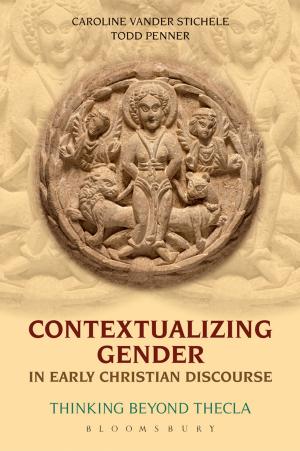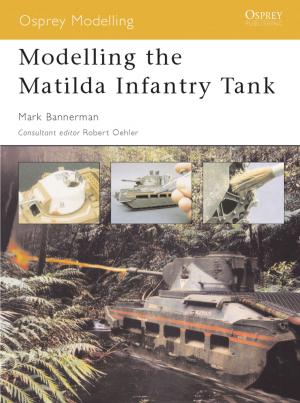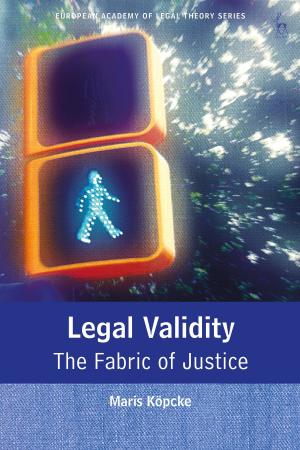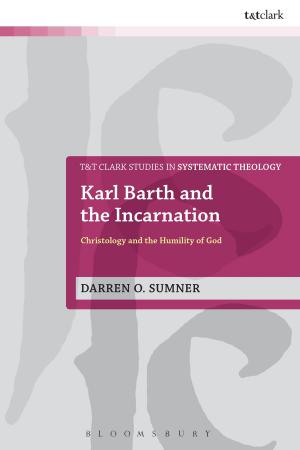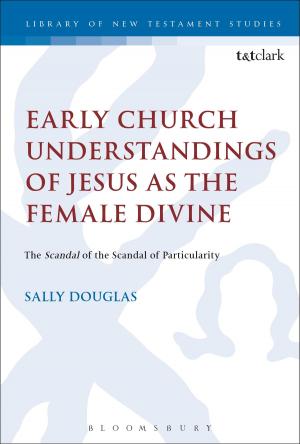| Author: | Prof Alexander R. Pruss | ISBN: | 9781441142719 |
| Publisher: | Bloomsbury Publishing | Publication: | May 19, 2011 |
| Imprint: | Continuum | Language: | English |
| Author: | Prof Alexander R. Pruss |
| ISBN: | 9781441142719 |
| Publisher: | Bloomsbury Publishing |
| Publication: | May 19, 2011 |
| Imprint: | Continuum |
| Language: | English |
Actuality, Possibility and Worlds is an exploration of the Aristotelian account that sees possibilities as grounded in causal powers. On his way to that account, Pruss surveys a number of historical approaches and argues that logicist approaches to possibility are implausible.The notion of possible worlds appears to be useful for many purposes, such as the analysis of counterfactuals or elucidating the nature of propositions and properties. This usefulness of possible worlds makes for a second general question: Are there any possible worlds and, if so, what are they? Are they concrete universes as David Lewis thinks, Platonic abstracta as per Robert M. Adams and Alvin Plantinga, or maybe linguistic or mathematical constructs such as Heller thinks? Or is perhaps Leibniz right in thinking that possibilia are not on par with actualities and that abstracta can only exist in a mind, so that possible worlds are ideas in the mind of God?
Actuality, Possibility and Worlds is an exploration of the Aristotelian account that sees possibilities as grounded in causal powers. On his way to that account, Pruss surveys a number of historical approaches and argues that logicist approaches to possibility are implausible.The notion of possible worlds appears to be useful for many purposes, such as the analysis of counterfactuals or elucidating the nature of propositions and properties. This usefulness of possible worlds makes for a second general question: Are there any possible worlds and, if so, what are they? Are they concrete universes as David Lewis thinks, Platonic abstracta as per Robert M. Adams and Alvin Plantinga, or maybe linguistic or mathematical constructs such as Heller thinks? Or is perhaps Leibniz right in thinking that possibilia are not on par with actualities and that abstracta can only exist in a mind, so that possible worlds are ideas in the mind of God?


